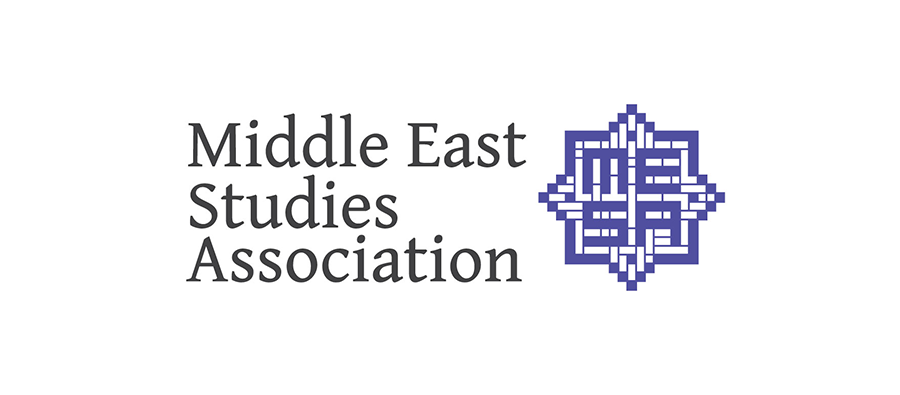A new essay in The Daily Beast by Steven Lubet, “Antisemitic Conspiracy Theories Are Going Mainstream,” has prompted discussion from fellow members of The Third Narrative. The gist of Prof. Lubet’s piece is as follows:
Shortly after the vicious stabbing of Indian-British-American author Salman Rushdie, Prof. Nader Hashemi, a specialist on Islam-West Relations, opined on the Iran Podcast that Israel was probably behind the life-threatening attack, as an attempt to derail renewed nuclear negotiations with Iran.
In fact, there is precisely zero evidence that Israel had anything to do with the vicious attack on Rushdie, or that Mossad agents have made a practice of luring young Muslims into terrorism. Hashemi’s assignment of likely blame is about a half-step away from the enduring accusation that Israel was behind the 9/11 attacks.
Hashemi’s image of a conniving Israeli operative, exercising nefarious control over an apparent act of Islamic terrorism, is a classic conspiracy theory that could have been lifted, with only a few vocabulary changes from a contemporary introduction to the Protocols of the Elders of Zion.
Experts on Iranian politics have pointed out that the Islamic Republic often attempts to shift blame to Israel, only occasionally saying the “antisemitic parts out loud.” . . .
Our TTN colleague, David Schraub, has just published a blog post reporting on a peculiar twist in this story:
Shortly after the attempted assassination of Salman Rushdie, a Denver University professor went on a podcast to opine on the assailant’s possible motivations. The professor, Nader Hashemi, suggested that it was “more likely” that the attacker was duped into his conduct by the Mossad as a backdoor means of scuttling nascent talks to reenter the Iran deal. This unfounded conspiratorial assertion was, in turn, roundly blasted by the Jewish community.
Of course, it is the case that members of an academic community have the right to forward unfounded conspiratorial assertions. Perhaps cognizant of that right, Denver University issued an extremely mild and tepid response to the controversy. Here’s what they wrote:
Professor Hashemi spoke as an individual faculty member and does not speak for the university. While we wholeheartedly respect academic freedom and freedom of speech, his comments do not reflect the point of view of the university, nor are we aware of any facts that support his view. The safety of every speaker and every student on our campus, and all campuses, is critical to our society. We condemn the stabbing of Salman Rushdie. And it goes without saying that we remain committed to assuring that the experience of our Jewish students, faculty and staff is safe, supportive, respectful and welcoming.
One cannot get more milquetoast than that. That’s not necessarily a criticism — there are, again, academic freedom concerns in play here that militate against a more robust response. In any event, all this statement does is (a) affirm Hashemi didn’t speak for the university (true), (b) he has academic freedom (true), (c) there is no factual foundation to his unsupported musing about Mossad involvement (true), (d) the stabbing of Rushdie is bad (true), and they are committed to maintaining a respectful, supportive, welcoming, and safe experience for Jewish students on campus (hopefully true). That is utterly unremarkable.
It was also far too much for the Middle Eastern Studies Association, which wrote a seven paragraph letter to the President of the University demanding the statement be retracted and an apology rendered to Prof. Hashemi.
What’s especially stunning about the MESA letter is it seems to admit that Hashemi’s “speculations” are entirely foundationless and lacking in evidence, yet takes that fact as an argument for why Hashemi should be immune from even the most tepid of critical response. The scenarios Prof. Hashemi spun out, the letter concedes, “were all obviously entirely speculative, as to our knowledge no evidence has thus far emerged about the attacker’s motivation or connections.” But precisely because Hashemi’s arguments were pure unfounded speculation, the university should not have “publicly distanced itself from one of its own faculty members for having engaged in legitimate speculation about the politics surrounding the attempted assassination of Salman Rushdie”
It’s not actually the case that no evidence has emerged about the attacker’s motivations — putting aside the fact that Iran had put a hit out on Rushdie, the attacker had made social media posts sympathetic to Iran’s Revolutionary Guard and reportedly had a fake driver’s license featuring the name of an Iran-backed Hezbollah commander . . . .
. . . The reason why utterly unfounded speculations about the Mossad is considered fair game, while utterly unfounded speculations about, say, antifa is not, is because for some Israel is at least on the suspect list for any evil that occurs in the world until proven otherwise. This is why lack of evidence makes it legitimate to “speculate” about Israel’s involvement. No matter how seemingly distant or fanciful, Israel is always guilty till proven innocent. In a world where we know nothing, Israel is responsible for everything. . . .
To read Prof. Schraub’s entire blog post, click here.
